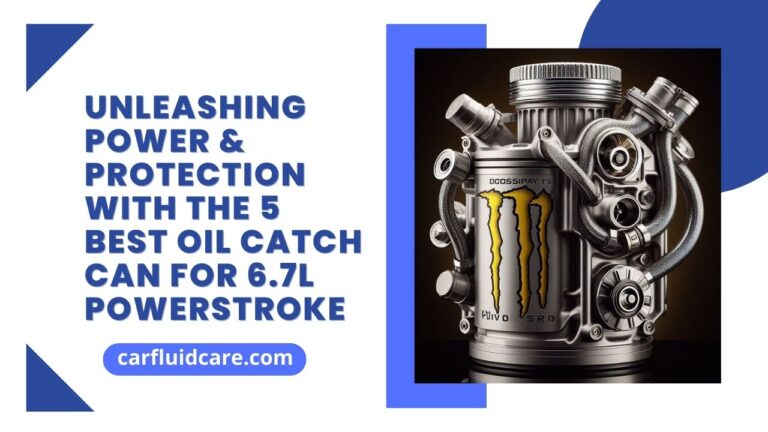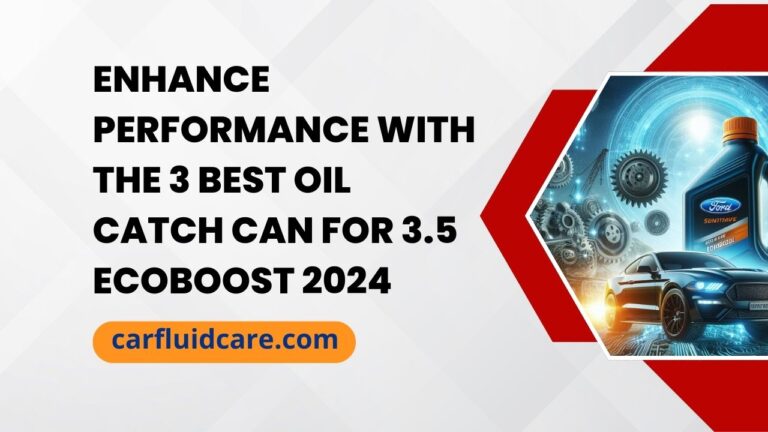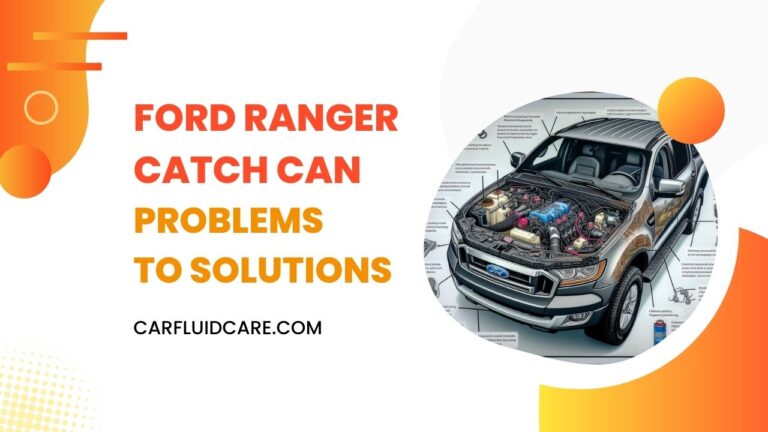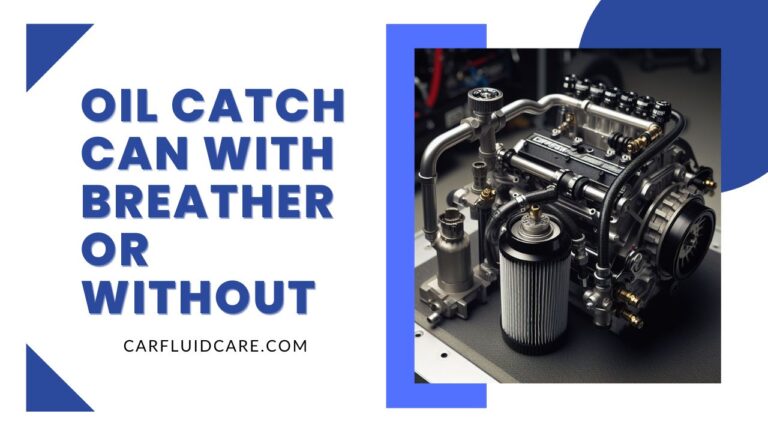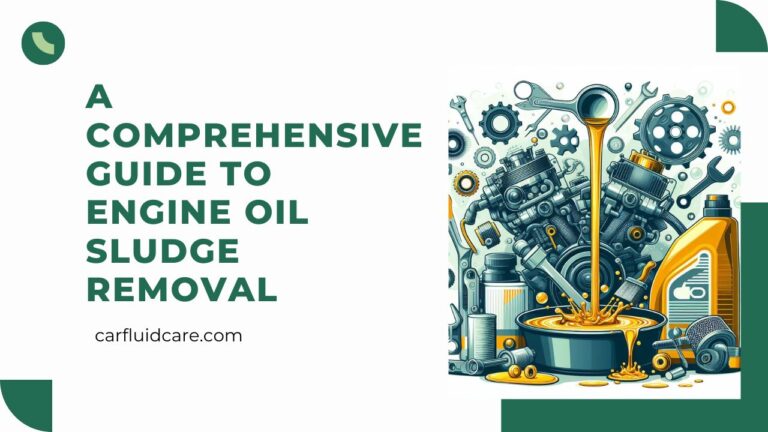Unleashing Power & Protection with the 5 Best Oil Catch Can for 6.7L Powerstroke
Unlock peak performance and safeguard your 6.7 Powerstroke engine with the best oil catch can on the market. The 6.7 Powerstroke, known for its robust power and durability, deserves meticulous care to ensure optimal operation. From minimizing carbon (harmful blow-by gasses) buildup to preventing oil contaminants from recirculating into the engine, a high-quality catch can…
